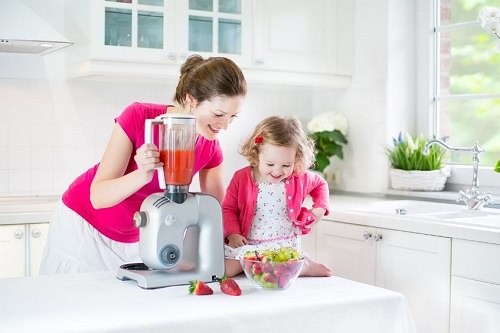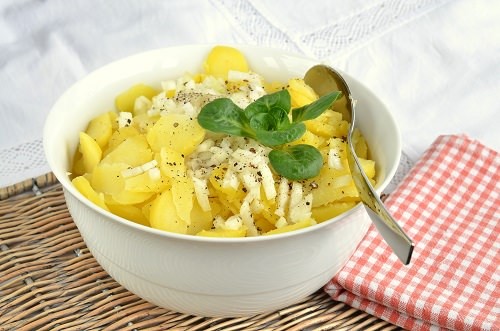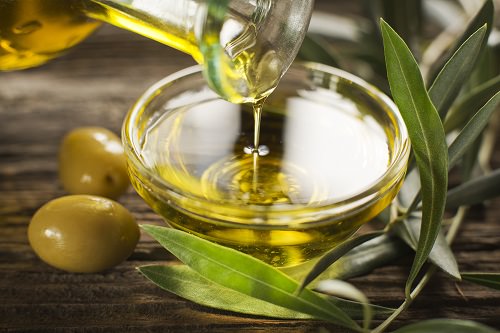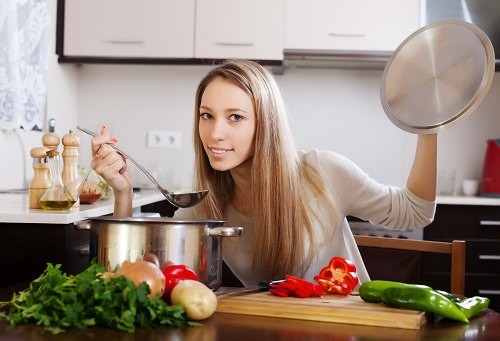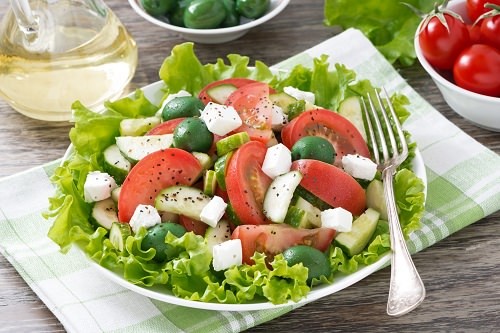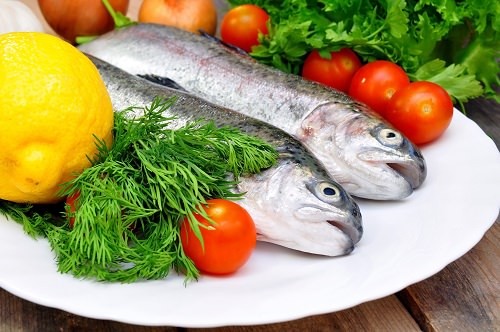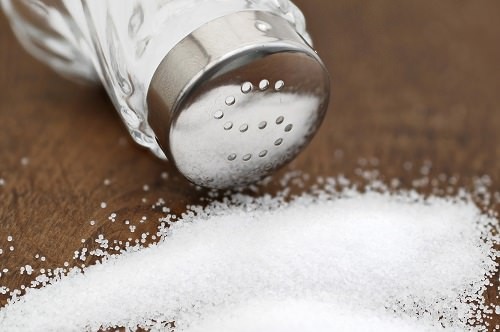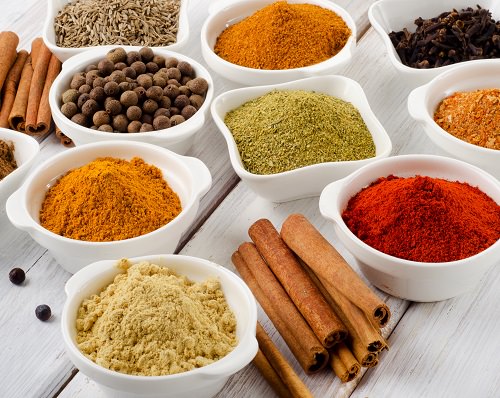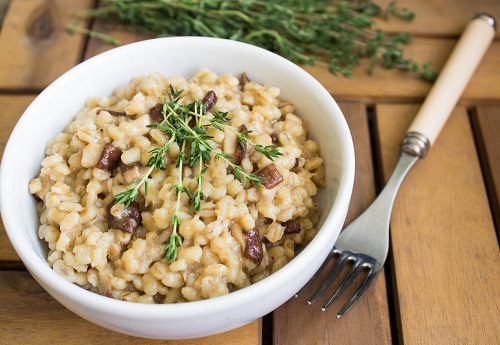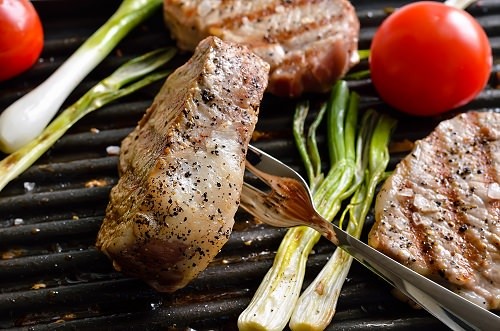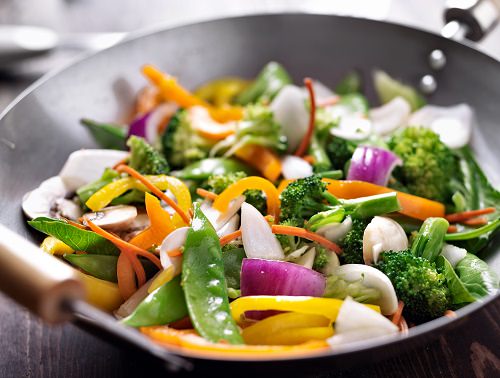A good part of succeeding at dieting depends on giving up prepared and processed foods in favor of home cooking. Yet, even if you are careful about the ingredients you buy, it’s still easy to lose your way in the kitchen. The next time you need to head into the kitchen, try to avoid making these mistakes. You will reach your weight loss goals faster as well as improve your overall health. Remember, a healthy diet is the key to your longer life.
1. Cooking starch and fat together
You need both fat and starch in your diet to stay healthy. Combining them in a meal, though, isn’t a good idea. For instance, it could seriously set back your weight loss goals to make a sweet potato salad with olive oil dressing. Any time you need to cook a starchy food – grains, beans or anything else – you need to use no more than 2 or 3 teaspoons of fat.
2. Using soy, canola and other vegetable oils
While vegetable oils are inexpensive, using them comes with a hefty price tag – they are acidic in nature and readily contribute to weight gain when they are heated to high temperatures. No matter what the advertising may say, vegetable oils are not good to use in foods whose preparation involves heating. Coconut oil and olive oil are far better, if used in moderation.
3. You deprive yourself of energy
You don’t help your weight loss goals much when you go too far cutting calories out of your diet. If your body begins to sense that it doesn’t get enough energy, it goes into self-preservation mode, trying to keep the fat it already has for as long as possible. It’s a better idea to eat a well-balanced meal with quality fats and non-starchy vegetables.
Read also – 10 Reasons Your Diet Is Making You Tired
4. You aim for fat-free recipes
As long as you don’t eat your fats along with carbohydrates, including fat in your diet is an excellent way to boost your body’s metabolism. Fat also helps detoxify your system and raises your body’s fat control hormones. Again, moderation is a must here. Look for diet-friendly recipes instead of fat-free recipes to avoid making one of the most common cooking mistakes while dieting.
5. You use processed ingredients
If some of the ingredients that you use in your cooking are the processed, ready-to-use kind, you could shortchange yourself in the nutrients that you would otherwise get. You would also get the unnecessary calories that those preparations included. It’s important, then, to avoid processed foods when you cook.
6. You’re too liberal with salt
If you like plenty of salt in your cooking, it will make you retain several pounds of water that unnecessarily add to your weight. While cutting down on salt may seem to rob your food of most of its flavor, you quickly get used to the new base level. I know many dieters who add more salt to their meals in order to increase their water intake. If you do the same, break this bad habit. You won’t boost your water intake and you won’t lose weight faster. You will just damage your health.
Read also – 8 Dieting Dilemmas and How to Overcome Them
7. You’re not liberal enough with your spice use
All low-fat recipes tend to have less appealing flavor and aroma than regular recipes. If your recipes aren’t interesting to you, though, you may begin to consider giving up on them. It’s important, then, to try to substitute for the taste lost, with a great blend of strong spices. The more interesting you find your food, the longer you will stick with your diet.
8. You lean too heavily on grains
Grains are healthy because they give you fiber and nutrition. However, even a moderate amount of grain in your diet can hold you back from losing weight. The body stores excess carbohydrates as fat. It’s important that you do not eat more than half a cup at each meal.
9. You bake without a wire rack
Baking is an excellent way to cook without adding calories to your food. When you roast meat, though, you need to make sure that you allow the drippings to drain away. Without a wire rack, your meat could roast in its own drippings, and absorb them.
10. You cook everything
Cooking requires more fat than food eaten raw. It’s important that you keep an eye out for foods that you could eat raw. Many of us underestimate the health and weight loss benefits of eating raw foods regularly. Numerous studies show that raw fruits and vegetables are much healthier than raw ones. Raw nuts and seeds are also healthier than roasted ones. Sounds like a good reason to snack on raw pumpkin seeds today!
Read also – 10 Weight-Loss Snacks for the Perfect Body
Finally, if your careful approach to cooking completely fails to do any good, a weakness for snacking while in the kitchen could be the problem. It’s very easy to absently knock back hundreds of calories over the course of an hour in the kitchen, if you don’t pay attention. When cooking, keep healthy snacks on hand to avoid eating high-calorie foods. Are you guilty of making any of these cooking mistakes?

